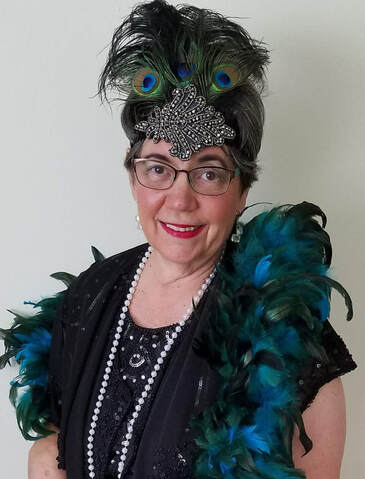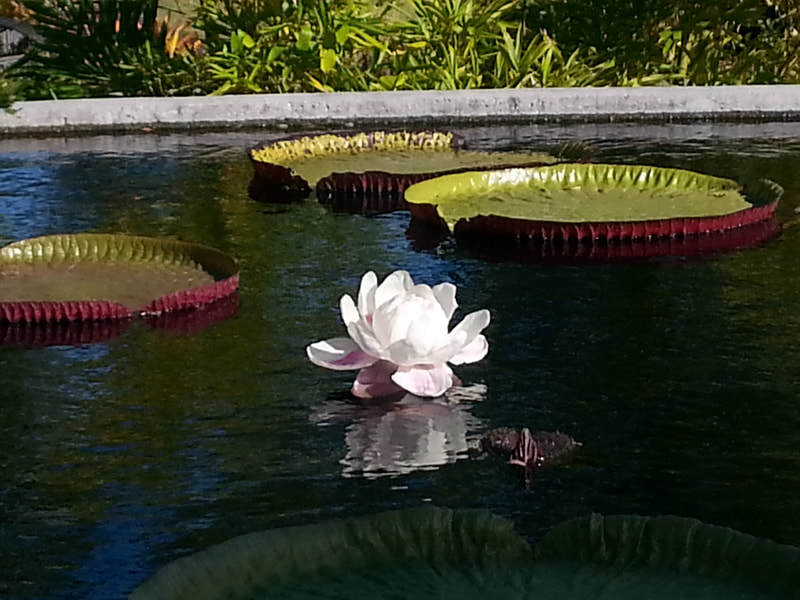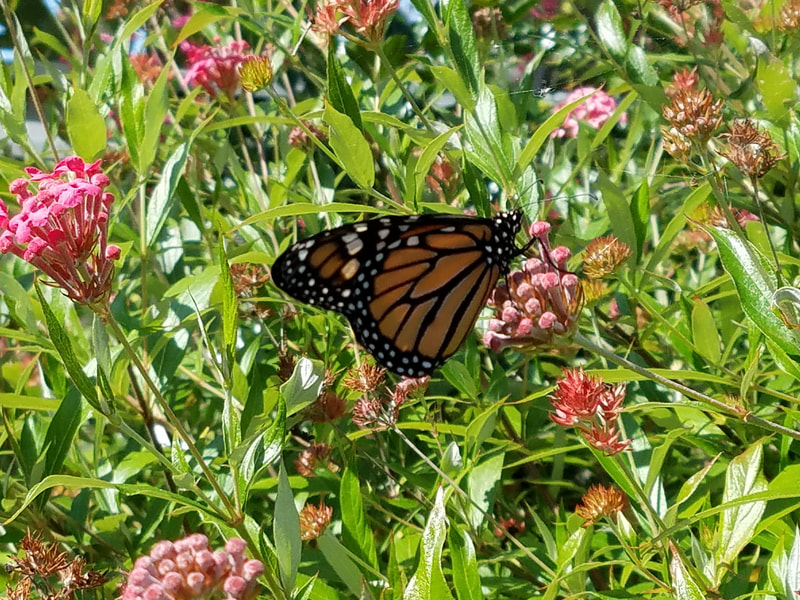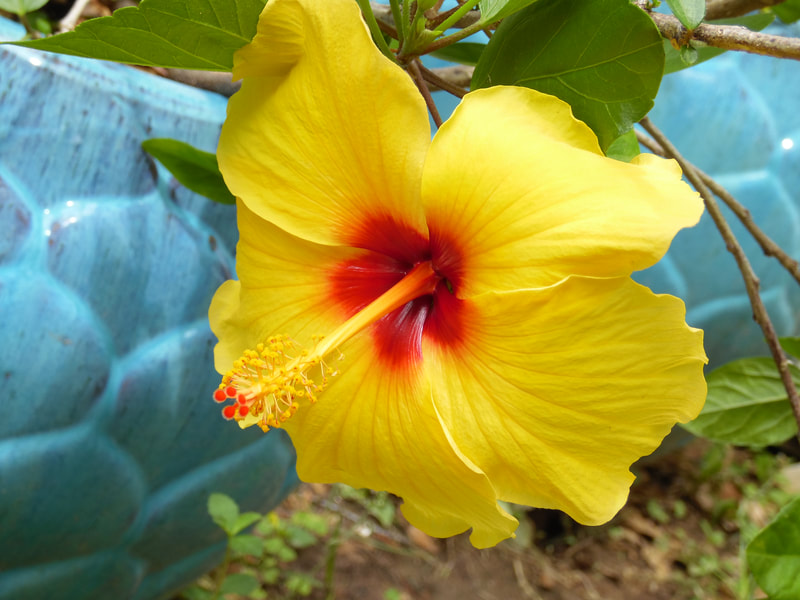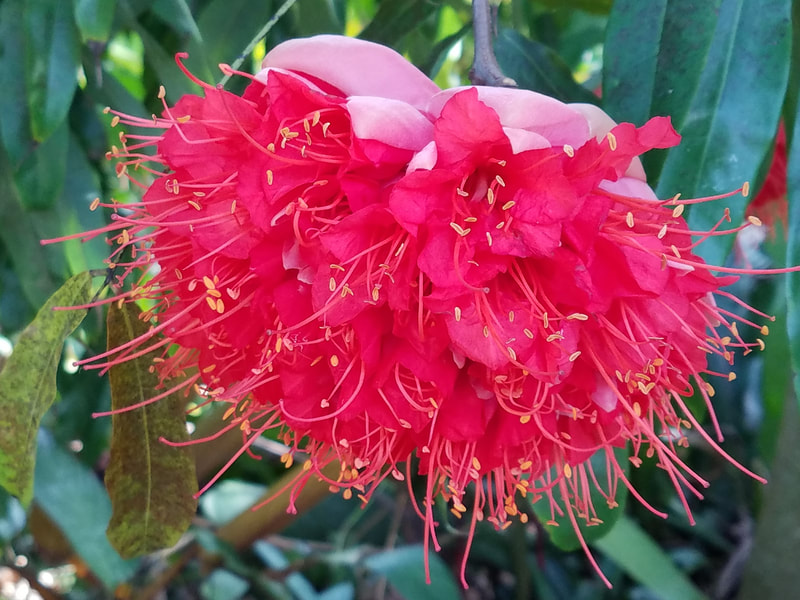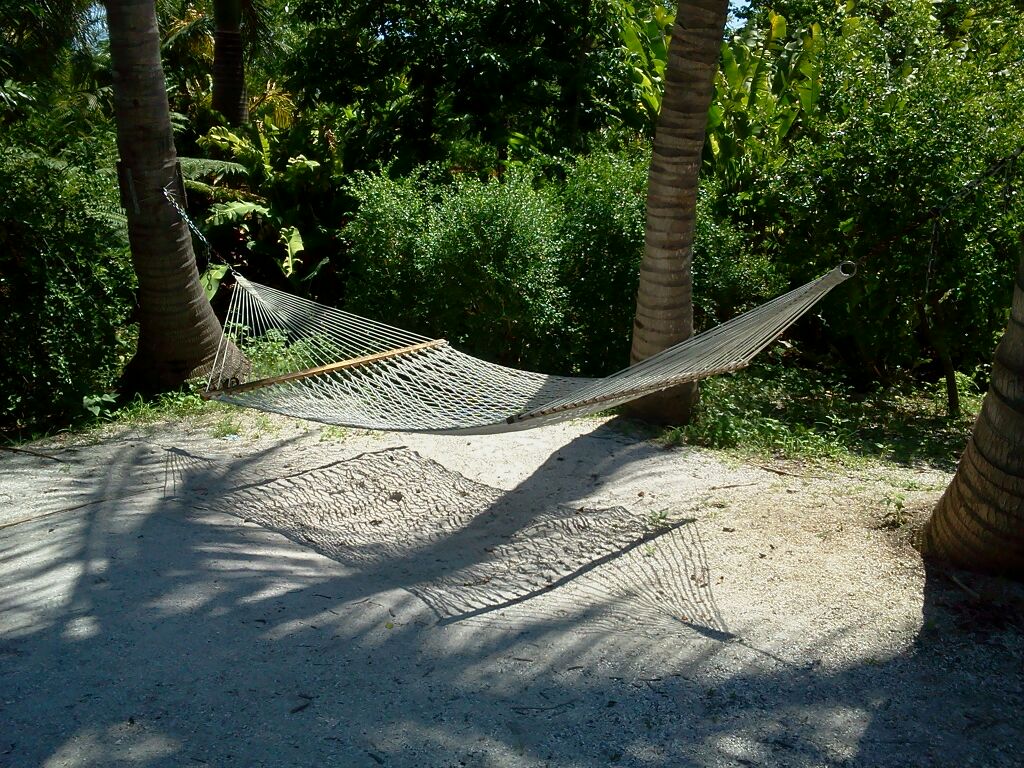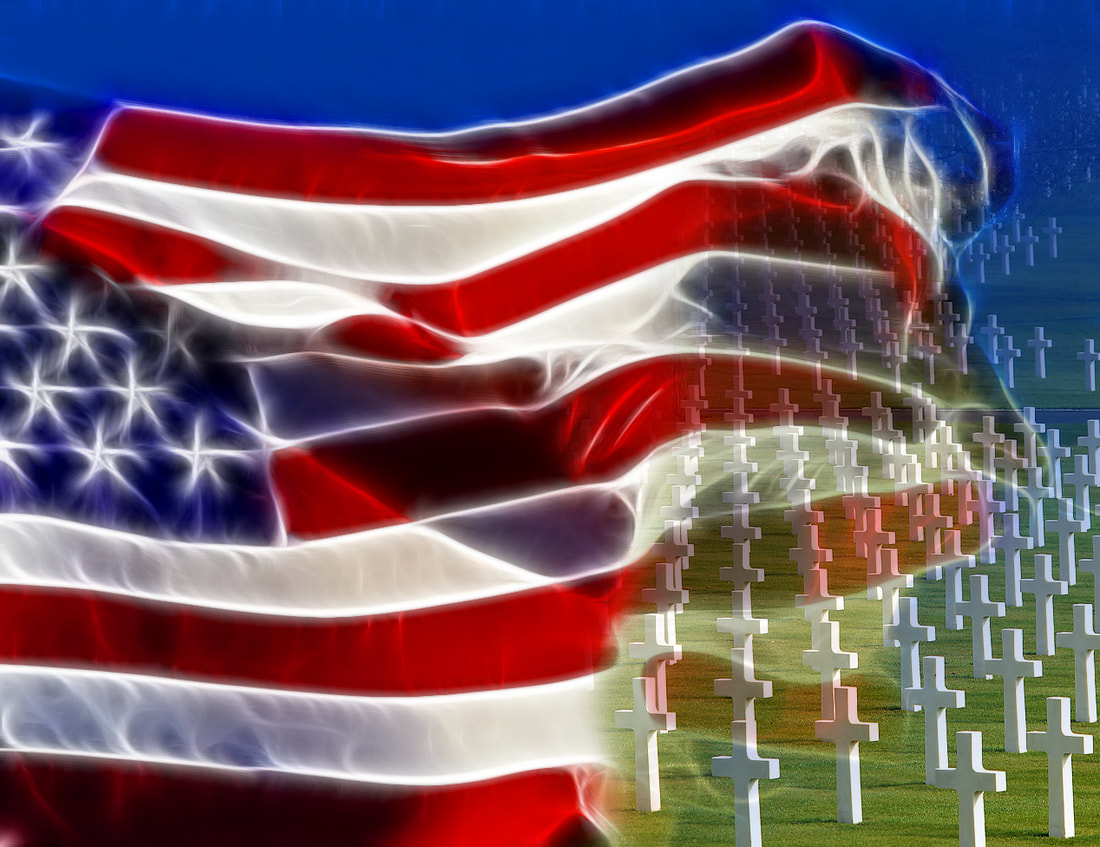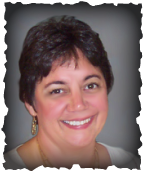|
10/6/2021 Music is a miraculous giftMUSIC IS A MIRACLE FOR ALZHEIMER'S PATIENTS (AND THEIR CAREGIVERS)
In my experience as a singer working specifically with residents in memory care, I have repeatedly seen an almost miraculous "awakening" that occurs when carefully chosen music is sung live with the people who have memory deficits from Alzheimer's or other cognitive decline. It is still, after witnessing it time after time for the past 7+ years, so incredibly moving. I have seen people who are wheelchair-bound and basically unresponsive, lift their head up, open their eyes and begin singing with me. Often staff and family also react to this "awakening" as miraculous, when they see the person still inside and able to respond, sometimes even when they don't know their own name or recognize family anymore. It's a gift of connection that is so precious and amazing! This very powerful aspect of music triggers memories stored in a different part of the brain, usually the last affected. And when it can be activated, the positive effects last for a while, bringing joy to both the individual and their caregiver/family. There are also some excellent programs (MusicandMemory.org) which use the same concept but with technology instead of a live singer. That also has merit and proven benefit to the listener, however, in seeing responses to both live and recorded music, the hands-down best is the live performance because of the vital human connection and interaction with the singer. And, of course, a singer can custom design programs for specific groups or individuals and be responsive to changing them upon getting feedback as to which songs are best received. There is also the aspect of giving eye contact, a warm smile, a touch on the arm, and the energy of the song. When you take into account that most people living in memory care have a full 95% of their time idle, aside from activities of daily living, having a musical "intervention" be it live or through technology can increase connection, quality of life and joy for those living with Alzheimer's Disease or other dementia. For those caring for a loved one at home, music can provide a welcome stimulation and connection via watching favorite musicals on video or streamed, and through the use of a device which can create a custom playlist, such as iTunes or YouTube Music, Amazon Music, etc. The creation of a highly personalized list of favorite songs is essential. Finding just the ones that produce the greatest "happiness effect" and bring pleasant memories back is the goal. Also, if you can add stimulation for other senses, such as photos for visual memory stimulation, and objects for tactile interest -- jewelry, memento from a trip, any other object that has happy memories attached, the effect is multiplied. I highly encourage caregivers, both family and professional, to explore the amazing possibilities and power of music and memory! 8/5/2020 A Blessing for CaregiversTo all of the amazing caregivers, family and professional, in hospitals, nursing homes, or elsewhere who have been literally risking their health, their very lives and well-being, this is a tribute and salute to you. May you always be aware of the deep gratitude and admiration so strongly felt by all of us for your dedication, caring hearts and sacrifice to help our nation conquer COVID-19.
Blessing for Caregivers written by Karen Bonnell, Music: Stuart Shelton, from the CD Music Dimensions, available on Amazon.com 2/19/2018 0 Comments Caregiving and the Pantyhose Principle: Asking for Help When You Can't Do It AlonePlease enjoy this excerpt from my book, Sanity Savers: For Caregivers at the End of Their Rope. This is the humorous story of the Pantyhose Principle: asking for help when you truly need it. Once upon a time, in a galaxy far, far away, there lived a young maid who cut her thumb doing something too stupid to mention here, and had to have microsurgery to reattach the nerve, requiring her right (primary) arm to be in a cast from fingertips up past the elbow for weeks. This was an amazingly annoying daily trial, causing the young maid endless aggravation and helplessness in doing even the basic activities of daily living -- particularly personal grooming. All the things one takes completely for granted, such as brushing teeth, getting dressed, showering and blow-drying hair became monumental challenges, exercises in logistics and planning. Now, picture this young maid trying to put on a pair of pantyhose with her left hand only; never mind why! It seemed necessary at the time. See her rolling around on the bed, breaking into a sweat and uttering some unladylike words with the supreme effort. See her husband rolling on the floor laughing as he watched. Of course, this only fueled the young maid’s fierce determination to do this silly task herself! Imagine her chagrin to have to admit defeat, swallow her pride, what little was left, and humbly ask for help before he lost consciousness from laughing too hard. Alas, finally, with his help I, er, the young maid was wearing the pantyhose in the right places. 'Twas a very tough, humiliating lesson. Ergo, the wisdom of the Pantyhose Principle emerged. This is a true story and reflects in a humorous way the challenges one can face as a caregiver, too. The lesson here is to just stop struggling so hard and ask for help. Simple, but NOT easy! Most caregivers start out feeling they must handle everything on their own and may find it difficult to reach out for help, but I hope you will remember the Pantyhose Principle if you are at a decision point. To avoid burnout, and provide better care, (plus keep your sanity safely intact) be attuned to when you are reaching a point of no return and ask for help. Are you at the end of your caregiving rope? You can tie a knot and hang out there, swing back and forth, or learn how to make a hammock of support for yourself and your care receiver. Sanity Savers is a new e-book to support caregivers with practical tips, gentle self-care and self-nurturing techniques and a healthy dose of humor, to make life less of a struggle and more a loving learning experience. Learn how to live with high-level wellness and practice safe sanity, starting now...
In recently perusing the VA website, I discovered a virtual treasure trove of helpful tips and information of all kinds. You can find the homepage here. I have experience in working through the VA miasma of paperwork (20 years' worth with my mother, a WWII Navy Lieutenant, and now, just beginning with my husband, a Vietnam Vet). These resources are excellent, both in terms of general use and for navigating the VA resources. I have written several blog posts and a webpage to assist veterans and their caregivers in getting to the help available with the least amount of stress, strain and annoyance. These new VA tips are truly a departure from the usual obfuscation. In the past I have found it very frustrating to even locate any VA assistance my mother qualified for, much less learn how to establish it. Please see the Veterans page on this site, by clicking here. The VA information relates to Care for the Caregivers, Care for the Veterans, Tips by Diagnosis, Connect with Others, Tips & Tools, Publications &Resources. I have provide direct links to these pages.
I truly salute those who are caring for our veterans and hope these connections can help you to find the help you and your veteran need, deserve and have available to you. I am very heartened to see that there are ever more options, help for caregivers, assistance of all kinds. If you need additional help in accessing the resources available, I highly recommend contacting the county VA liaison person in your area. They know how to get through the red tape and deliver the information and help immediately (or at least sooner than you can probably figure it our yourself). God bless our veterans and those who are caring for them! 9/21/2015 Today is World Alzheimer's Day - remember those who forget and how to avoid becoming one of themI just read an article published in The Guardian, titled "One Third of People Born in 2015 Will Develop Dementia" and I felt a shiver go through me - a mix of disbelief, dread and then a goodly portion of righteous anger. I think every single human with a beating heart who looks at the statistics, those cold, easy to ignore numbers, and applies them to the babies being born now can't help but cry out that we ALL need to do more to address this health crisis. There is a virtual tsunami of dementia coming if we don't find ways to stop it. It will swamp our healthcare system and there will be no where to escape it.
Research is, of course, necessary, and finally receiving some significant attention. But we can do more than that. Those who are children or caregivers of parents/elders with dementia know personally the devastating consequences that it can bring -- emotional, financial, in family relationships, in health of the caregiver. So, that multiplies the shivers by quite an exponential factor. The truth is, there is almost NO one who is untouched by Alzheimer's in some way: whether it be a parent or grandparent, spouse, aunt or uncle, cousin or friend who is losing their personality and memory in excruciating pieces. Julianne Moore recently put a spotlight on the early-onset form of Alzheimer's in her award-winning performance in the film "Still Alice". And there are various groups vying for funds to support the cause in various ways. But I want to talk about what is within our power, each of us, as individuals, to defeat this disease. There's actually quite a lot that we CAN do, aside from shivering in disbelief. Here are some of the most important, scientifically supported ways you can reduce your own risk of developing Alzheimer's disease:
I'm going to stop here, though I could go on at length. The information is here, on this website and many others. I really implore you all to take your power back and act on that which you CAN control. Type II diabetes is at epidemic proportions, and this is something we can treat and reverse. So today, in honor of World Alzheimer's Day, won't you make a commitment to your own health and happiness by taking some steps to avoid Alzheimer's yourself? Do it for your own benefit and also for those who love and depend on you. Do it for your children to set a good, healthy example for them so they don't become one of the three people who will develop dementia. Whatever reason inspires or motivates you, just do it! |
About Karen
Karen is a compassionate, enthusiastic student of life, who cared for her mother for 17 years. She brings her insights, compassion, experience and desire to share knowledge and healing to this ongoing conversation with others on the caregiving path. If you are caring for a parent, spouse, friend or other loved one this site offers sanity-saving tips, open-hearted self-care ideas, and an open forum for discussion, connection and sharing resources for the journey. Archives
October 2021
CategoriesAll Acceptance Aging Together Alan Cohen Alive Inside Movie Alzheimer's Alzheimer's Prevention A Mind Of Your Own Anxiety Aromatherapy Audio Therapy For PTSD Austin Air Hepa Filter Autism Back Care Video Beginner's Mind Being Present Blessing For Caregivers Books Brain Insulin Butterfly Story Calm Calm.com App Care For Veterans Caregiver Advocate Caregiver Coalition Caregiver Comfort Kit Caregiver Guilt Caregiver Retreat Caregiver's Serenity Prayer Caregiver Stress Caregiver Support Care Giving Caregiving Vulnerability Care In Hospital Caterpillar Into Butterflies Chamomile Tea Cindy Laverty Comedian Computers & Exercise Crisis Dan Cohen Deepak Chopra Delirium Depression Diabetes Disaster Preparedness Distractions Dr. Dharma Singh Khalsa Dr. Oliver Sacks Eden Alternative Eldershire Elizabeth Dole Foundation Emergency Planning Emergency Preparation Emerson End Of Caregiving Enough Already Escapism Essential Oils Food Safety Forgiveness Funny Stories Gaiam.com Gail Sheehy Gift Of Alzheimer Gift Of Healing Presence GMO Food Green House Project Gregory Fricchione Md Grief Guilt Happy Light Healing Holding Hands Home As Sanctuary Hope Hospital Caregiving Hospital Stay Humor Inspirational Reading Ipods For Nursing Homes Isolation Jacksonville James E. Miller John Denver Johns Hopkins Study John T. McFadden Jon Kabat-Zinn Kelly Brogan Kirtan Kriya Meditation Lao Tzu Laugh Laughter Lavender Loneliness Loss Of Purpose Love Love In The Nursing Home Maya Angelou Mayo Clinic Mayo Clinic Alzheimer's Blog MD Meditation Meditation Garden Melatonin Memory Memory Cafe Military Caregiver Mindfulness Meditation Mr. Bean Music Music & Alzheimer Music And Memory Neurological Research Noise Pollution Operation Family Caregiver Opportunity Overnight Respite Care Pandemic Passages In Caregiving Patience Paul Coelho Peace Post-traumatic Stress Disorder Power Of Love Prayer PTSD Quality Of Sleep Radical Contentment Relaxation Releasing Problems Renewal Research Respite Rewind Rodney Yee Rosalynn Carter Rosalynn Carter Institute For Caregiving Rowan Atkinson Sanctuary Sanity Self Care Serenity Silence Sleep Slowing Time Solutions Soothing Music Stress Stress Relief Sun Sunshine Support For Caregivers Tai Chi Thanksgiving The Care Company The Kiss Time Traumatic Brain Injury Travel With Alzheimer's Person Treat VA Caregivers Valentine's Day Verilux Veteran Farms Veterans Veteran Suicide Vitamin D Wayne W. Dyer Wellness Wendell Berry White Noise William H. Thomas Worry Yoga Yoga Video |
